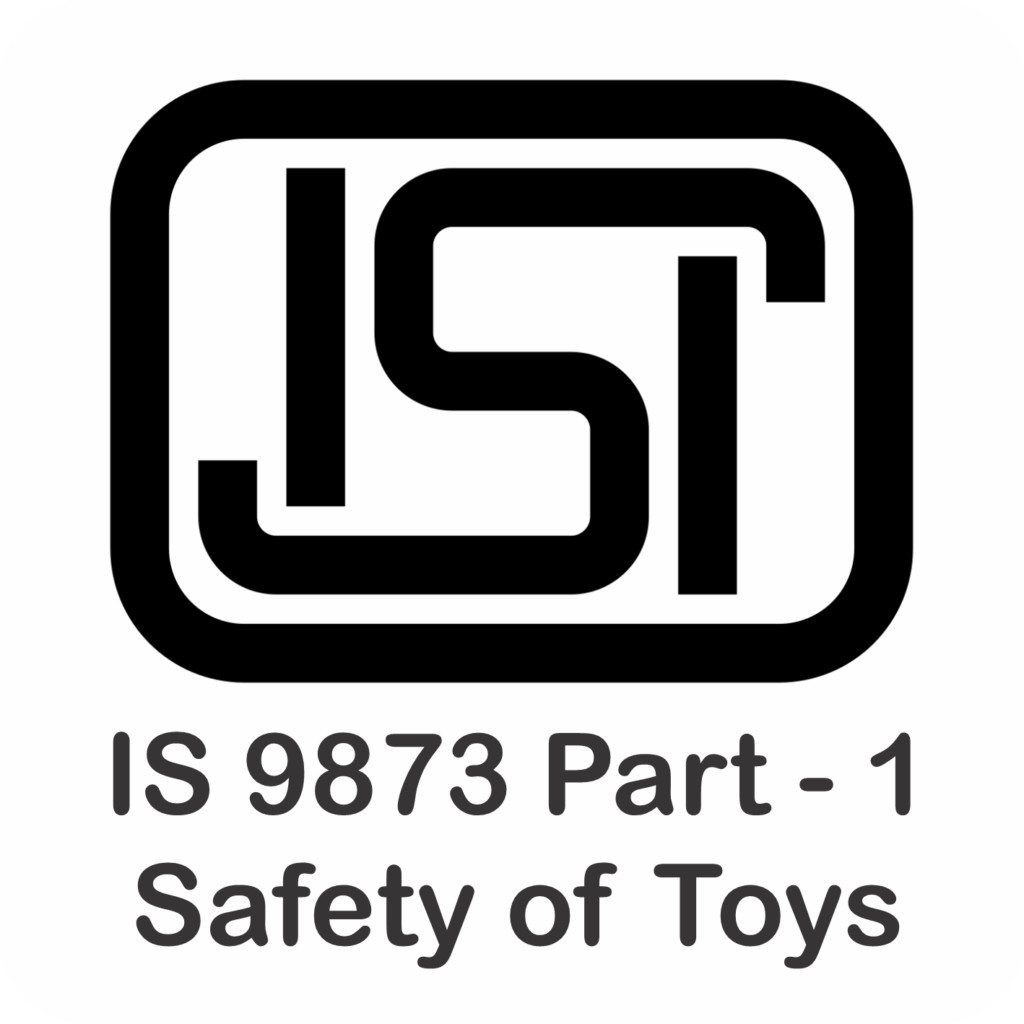A Guide to Managing Personal and Home Waste – Simple Steps to Reduce, Reuse, and Recycle
Reducing, reusing, and recycling are essential strategies for managing household waste and protecting the environment. By adopting these practices, we can cut down on waste, conserve resources, and lower our environmental impact. Here’s how to implement these three principles in your daily life.
1. Reduce: Minimize Waste at the Source
a. Choose Products with Minimal Packaging
Opt for items with less packaging or buy in bulk. Support brands that use eco-friendly packaging.
b. Buy Only What You Need
Plan your purchases, avoid overbuying, and choose durable products that last longer.
c. Use Reusables
Switch to reusable bags, containers, bottles, and cloths instead of single-use plastics.
d. Go Digital
Minimize paper waste by opting for e-bills, digital documents, and online subscriptions.
2. Reuse: Extend the Life of Items
a. Repurpose Household Items
Reuse glass jars for storage, turn old clothes into rags, and upcycle items for new uses.
b. Donate or Sell
Give away or sell clothes, furniture, and electronics instead of discarding them.
c. Repair and Refurbish
Fix broken items like clothing, electronics, and furniture before replacing them.
d. Refill and Reuse
Buy refillable products, such as soap or printer cartridges, to cut down on waste.
3. Recycle: Properly Sort and Process Waste
a. Know What Can Be Recycled
Learn your local recycling guidelines and understand which materials (paper, glass, metal, plastic) are accepted.
b. Clean and Sort Recyclables
Rinse and sort recyclables to avoid contamination.
c. Recycle E-Waste
Take electronics to designated recycling centers instead of tossing them in the trash.
d. Compost Organic Waste
Compost food scraps and yard waste to reduce landfill contributions and create nutrient-rich soil.
Conclusion
By reducing, reusing, and recycling, you can significantly cut down on waste, protect natural resources, and live more sustainably. Small everyday actions can collectively make a big impact on the health of our planet.




